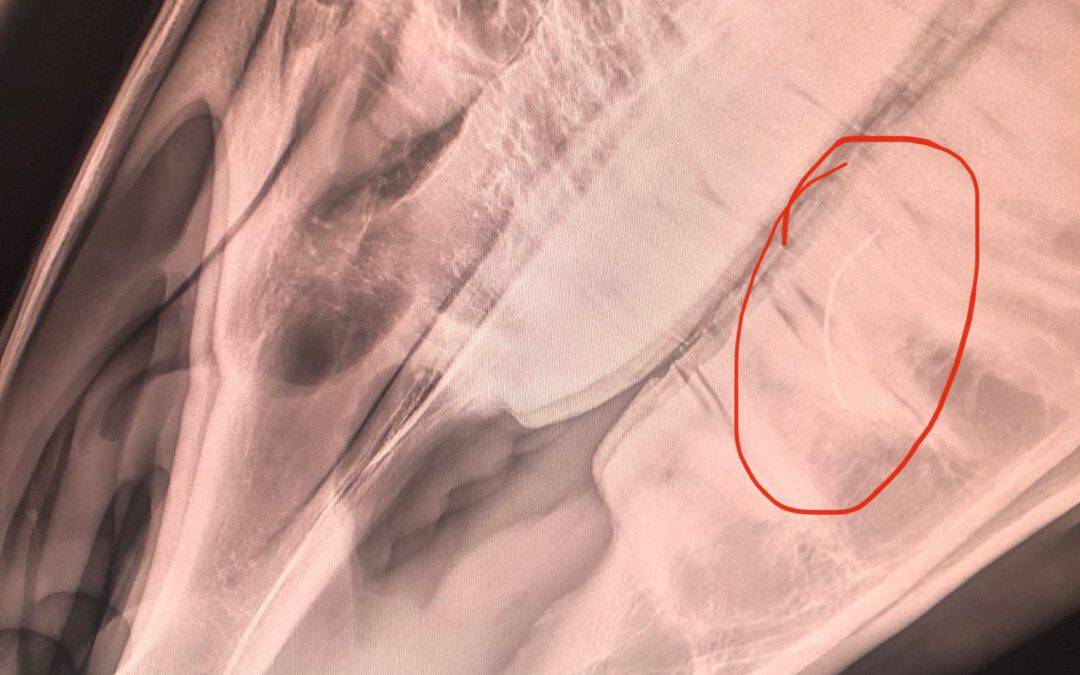
Feb 25, 2025
This case study shows what can happen when the wire that gives tractor tires their structure breaks off and becomes embedded in a horse’s mouth. This mare presented on emergency to the clinic for excessive salivation and a poor appetite. Upon obtaining a...
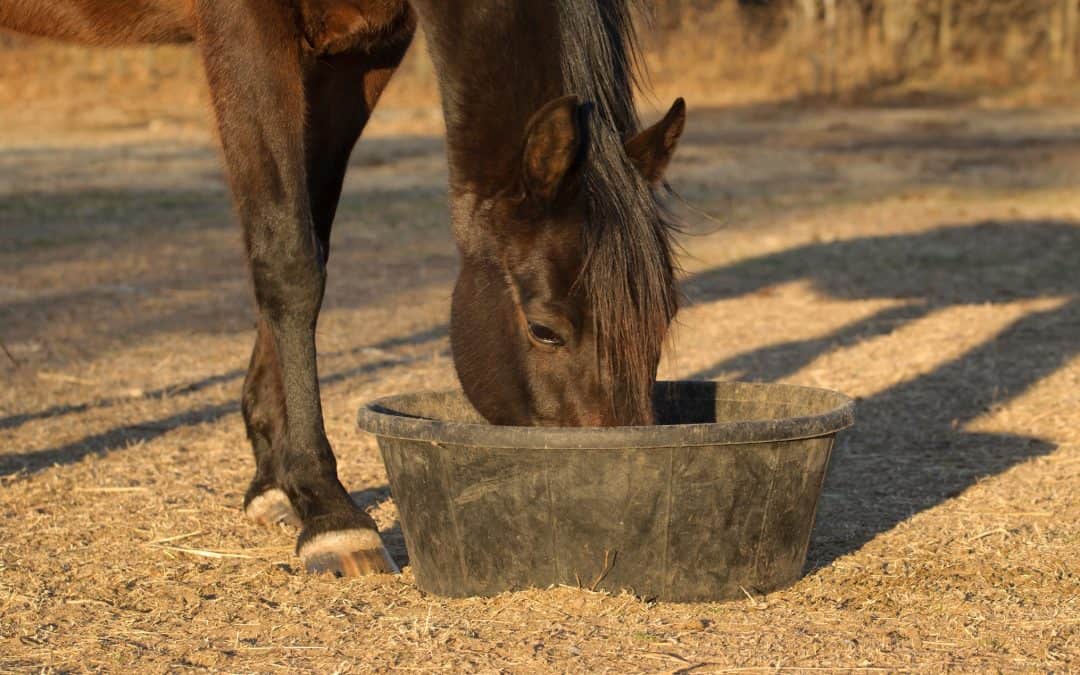
Feb 4, 2025
Join us during our Winter Client Lecture Series to learn about how to properly feed your horses and donkeys. Wednesday, Feb. 12, at 6:30 p.m. Bend Equine Medical Center 19121 Couch Market Rd. Bend, OR 97703 Are you confused about what you should feed your horse?...

Jan 27, 2025
One of our most time sensitive emergencies is a dystocia, in which the foal is malpositioned within the mare during the birthing process and requires manipulation, or sometimes a c-section, to be born. Foals quickly start to lose their intrauterine life support system...
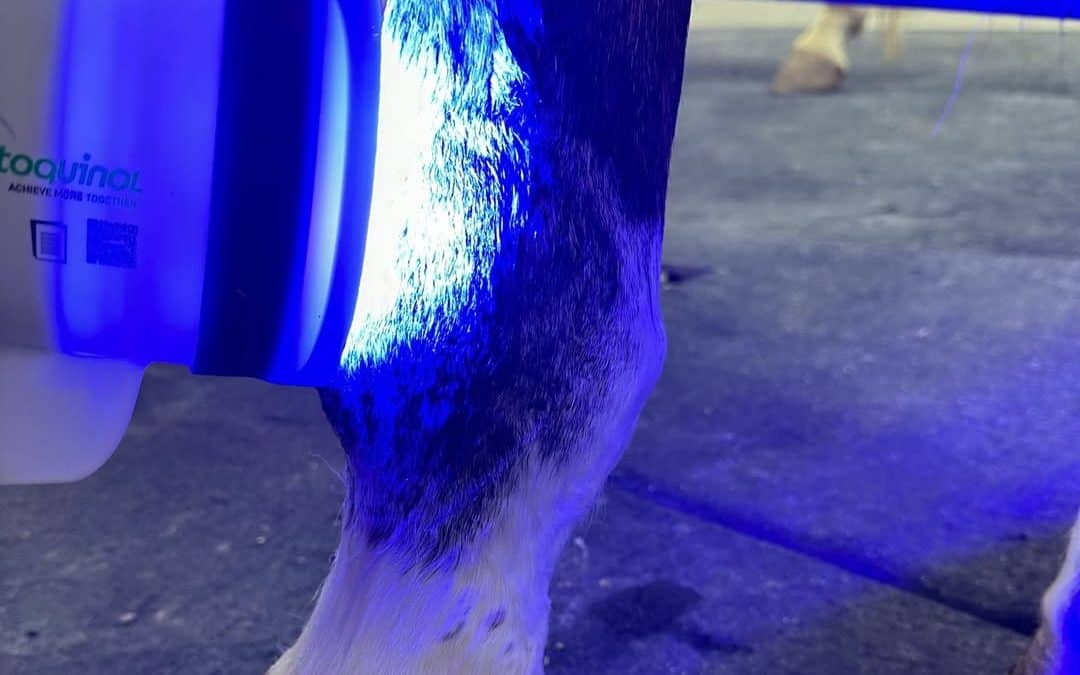
Jan 17, 2025
This fluorescent light therapy system accelerates natural skin regeneration and aids in healing. We’ve been cataloging some impressive healing responses to our Phovia fluorescent light system. Photobiomodulation via fluorescent light has the ability to speed up...
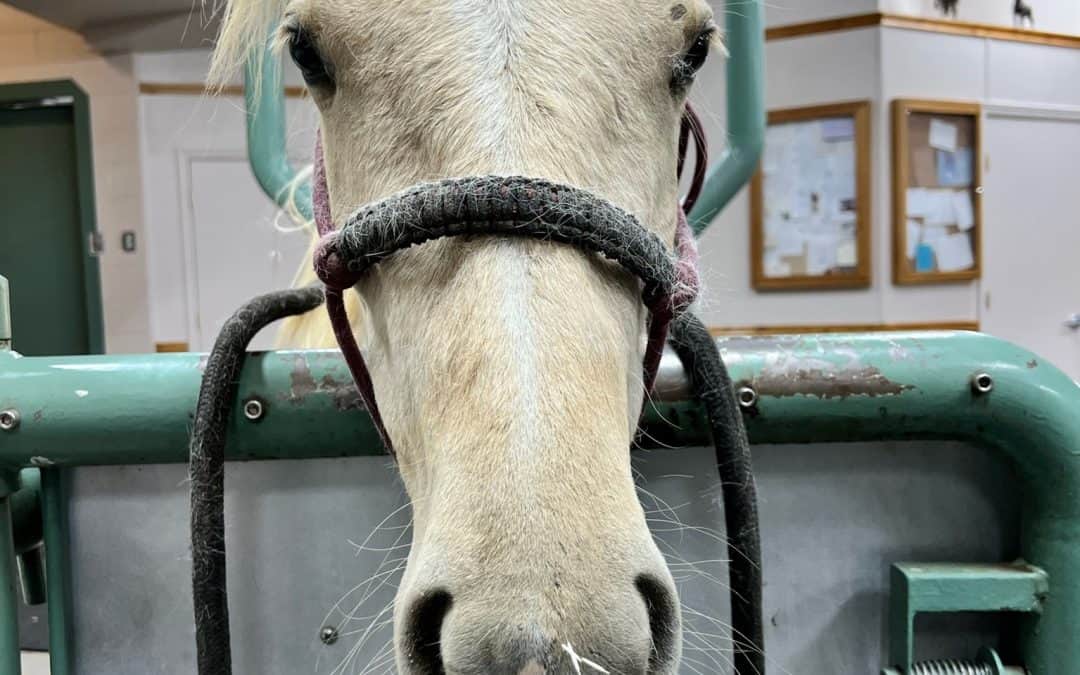
Jan 16, 2025
Join us on Wednesday, Jan. 22, at 6:30 p.m. to learn about common equine health emergencies. Bend Equine Medical Center 19121 Couch Market Rd. Bend, OR 97703 Equine veterinary emergencies can range from horses with porcupine quills stuck in their muzzles to horses...
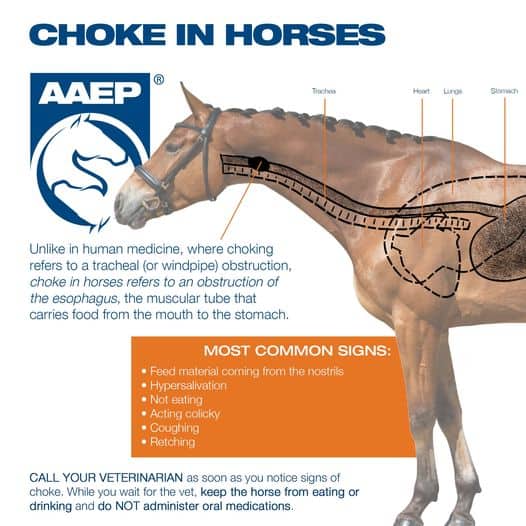
Sep 30, 2024
Image used with permission by the American Association of Equine Practitioners. By Amanda Sarbry, DVM, MBA The term “choke” in horses refers to an obstruction of the esophagus, a soft muscular tube that leads to the stomach. It is a common misconception that “choking”...






